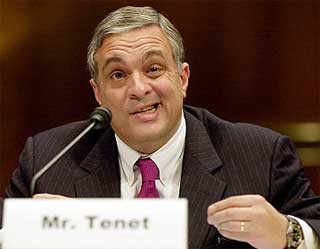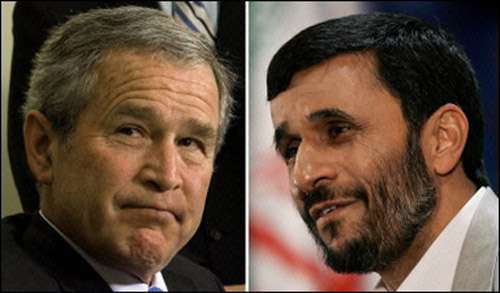Re: Consequences Of Attacking Iran And Why Tehran Is Not Worried
You guys dont seem to understand. What IranianAzeri and I are saying is that there should be no invasion, but the regime must go, whether in the present future or in the near future...
You guys dont seem to understand. What IranianAzeri and I are saying is that there should be no invasion, but the regime must go, whether in the present future or in the near future...









Comment